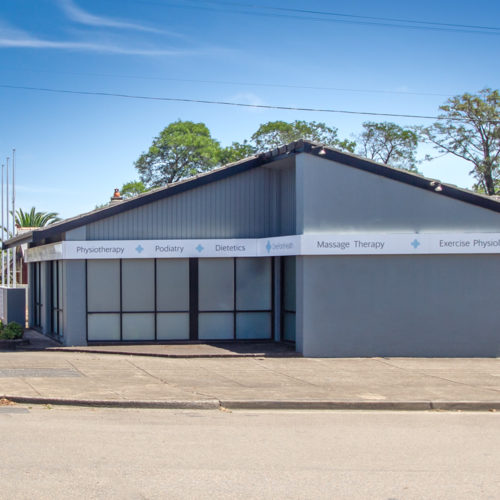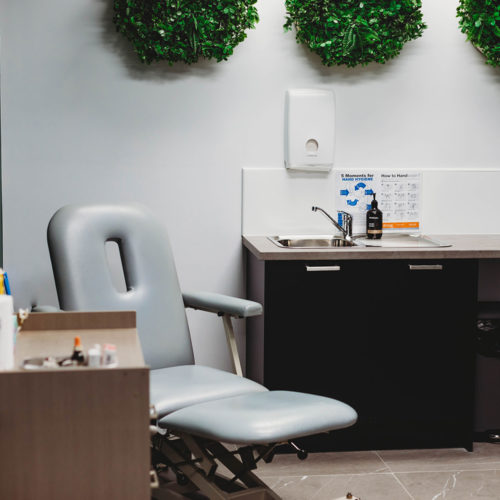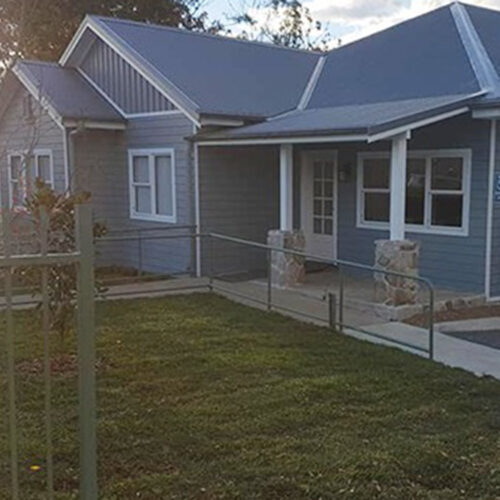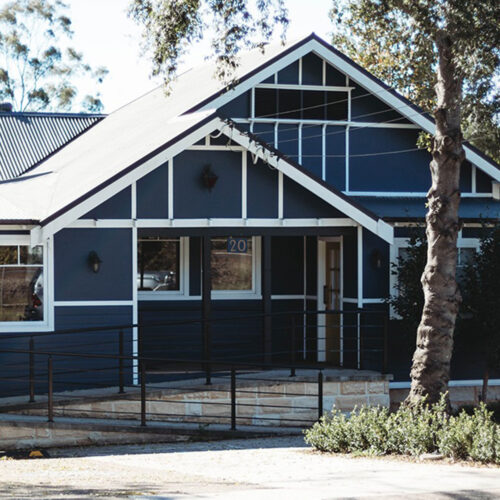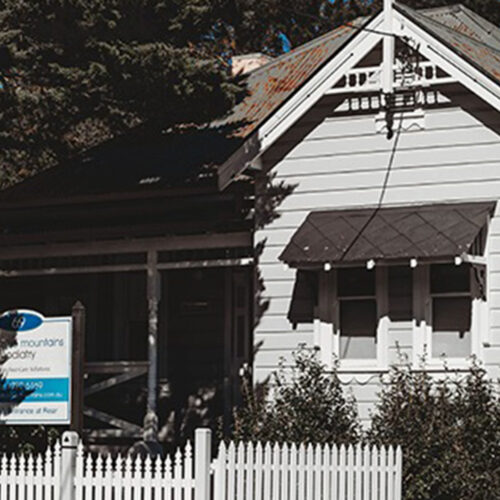5 Tips for Type 2 Diabetics
Insulin is a hormone that is released into the bloodstream by the pancreas to collect sugars and take them to the cells for fuel. When we consume certain foods particularly carbohydrates and sugars, they are broken down into glucose and released into the bloodstream – this is referred to as blood glucose.
Type 2 Diabetes is a lifestyle related chronic condition where the body does not produce enough insulin, or the body becomes resistant to insulin levels and therefore ineffective at managing blood glucose levels. Over a long period of time of trying to lower your blood glucose levels your pancreas wears out the cells that produce insulin. By the time you are diagnosed with type 2 Diabetes you have on average lost between 50-70% of the cells that produce insulin.
Type 2 Diabetes is the most common form of Diabetes affecting 85-90% of all diabetic cases. Whilst it is more common in older adults, we are seeing more young children and teenagers presenting with type 2 diabetes.
Whilst exercise can not reverse the damaged cells of the pancreas it can certainly change the way our muscles respond to insulin, which in turn helps regulate blood glucose. There are many ways you can take control of your glucose; here are 5 tips to help manage blood glucose control;
1. Exercise
Maintaining a regular exercise program increases tissue sensitivity to insulin so your cells are able to use the insulin to uptake the glucose stored in your body.
2. Check your blood glucose levels daily
This is important to keep track of whether your medication is working and to reduce your risk of severe complications related to consistently high blood glucose levels.
3. Eat Low GI Carbohydrates
The glycaemic index (GI) measures the effect carbohydrates have on your blood glucose levels. Low GI foods are absorbed slowly by the body resulting in a steady rise of blood glucose.
4. Eat small portions of good carbohydrates
Aim for 15-30 grams of low GI and high fibre carbohydrates per meal or snack.
5. Blood glucose level targets
When testing our blood glucose levels before a meal our range should be between 6.0-8.0mmol/L. When testing 2 hours after a meal our range should be between 6.0-10.0mmol/L.

